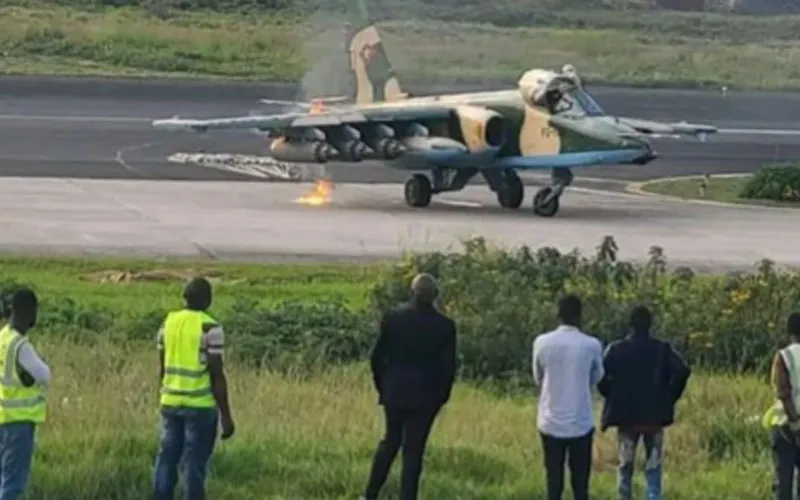Kinshasa, 02 February, 2023 / 10:47 pm (ACI Africa).
The war in the Eastern part of the Democratic Republic of Congo (DRC) could transition to infighting within armed groups that have pitched camp in the Eastern part of the country, Catholic charity Denis Hurley Peace Institute (DHPI) has said.
In a report shared with ACI Africa, the peace entity of the Southern African Catholic Bishops’ Conference (SACBC) warns of “a powder keg waiting to go off”, especially with what the entity describes as a growing animosity among the armed groups.
Some of the groups that have pitched camp in Eastern DRC include the United Nations Organization Stabilization Mission in the DRC (MONUSCO), the East African Community Regional Force (EACRF), the Armed Forces of the DRC (FARDC), as well as the March 23 Movement (M23) and many other different rebel groups and mercenaries.
“There is an overpopulation of armed groupings in the east… This is a powder keg waiting to go off, more especially since all the different groupings do not share information, even those who claim to be allied to each other,” DHPI says in the Wednesday, February 1 report.
The peace entity reports that M23 rebels, who according to the Congolese government, are being supported by Rwanda, are increasing their area of influence further inland into the Central African country. The rebels are said to have started in Nyiragongo, a territory in DRC’s North Kivu province.








